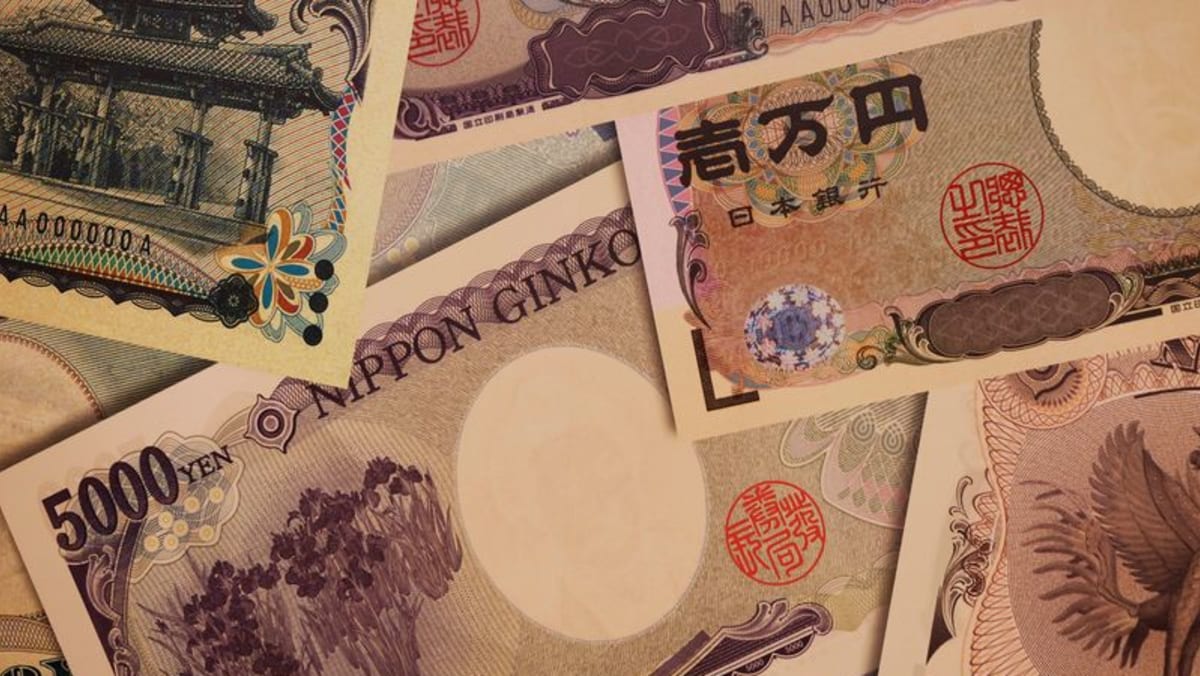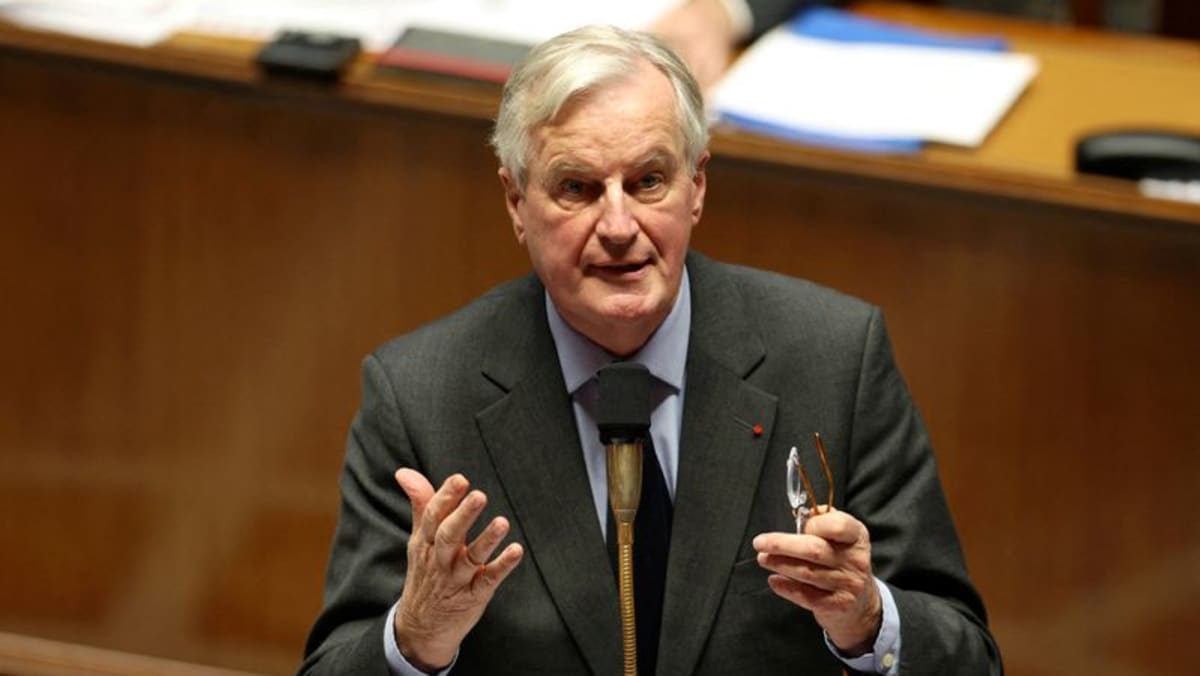Japan brought forward emergency yen meeting to maximise market impact – source

TOKYO : Japanese monetary authorities made a last-minute decision to bring forward to Wednesday an emergency meeting on the weak yen that was originally scheduled for Thursday, to maximise the impact of arresting sharp yen falls, a source with knowledge of the matter told Reuters.
The meeting, consisting of executives from the Ministry of Finance (MOF), Bank of Japan and Financial Services Agency, is typically held in times of market turbulence partly as a gesture of authorities’ alarm of unwelcome, sharp currency moves.
As the meeting is considered as a sign Tokyo is moving a step closer to intervening in the currency market, traders were on the lookout for any signs it could be held again as the yen slid toward three-decade lows against the dollar.
The MOF remained mum on the timing of the meeting as it calibrated the right moment. The announcement came less than an hour before the meeting began on Wednesday evening.
The meeting, originally planned to be held on Thursday, was brought forward to Wednesday to maximise the psychological impact on markets, said the source, who spoke on condition of anonymity due to the sensitivity of the matter.
“It worked,” the source said on the decision to push forward the timing of the meeting. “If we waited until Thursday, it could have caused the yen to plunge.”
News of the meeting triggered a sharp rebound in the yen from a 34-year low of 151.97 hit earlier on Wednesday. The dollar stood at 151.30 yen on Friday.
The MOF was not immediately available to comment.
The source denied a report by Reuters, which ran hours before the meeting, citing a senior Japanese official as saying there was no need to hold a three-party meeting. He said the meeting was an important venue to signal authorities’ resolve to address excessive currency moves.
The three-party meeting was first held in 2016, originally with the aim of signalling authorities’ alarm over excessive rises in the yen that hurt Japan’s export-reliant economy.
But the yen’s downtrend since 2022 has become a headache for Tokyo authorities, inflating the cost of importing raw material and fuel.
Shortly after a three-party meeting held in September 2022, Japan carried out yen-buying intervention for the first time in 24 years. Japan has stayed out of the currency market since it last intervened in October 2022.
Source: CNA















